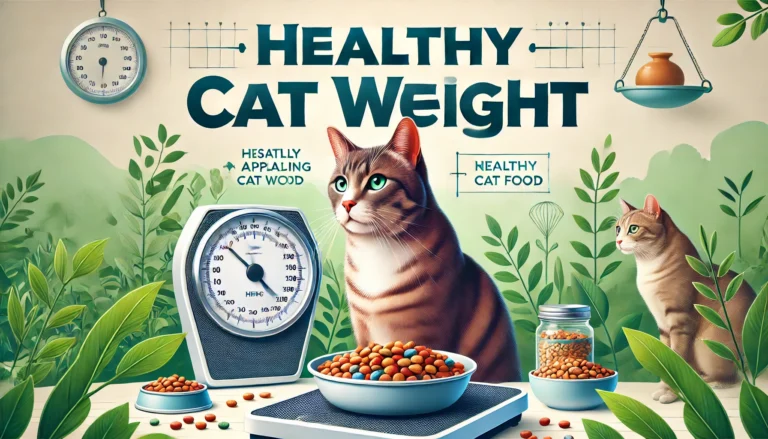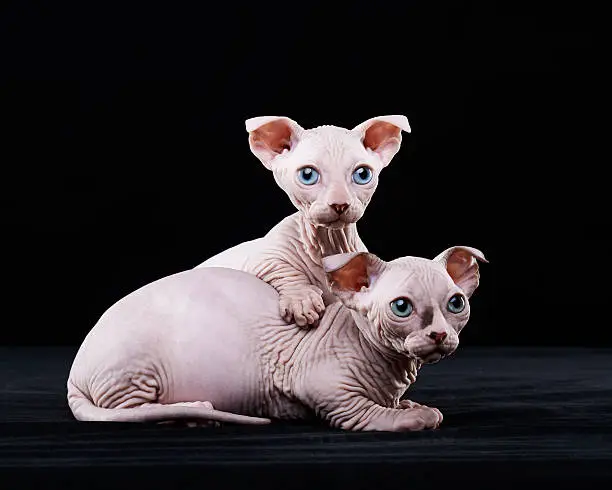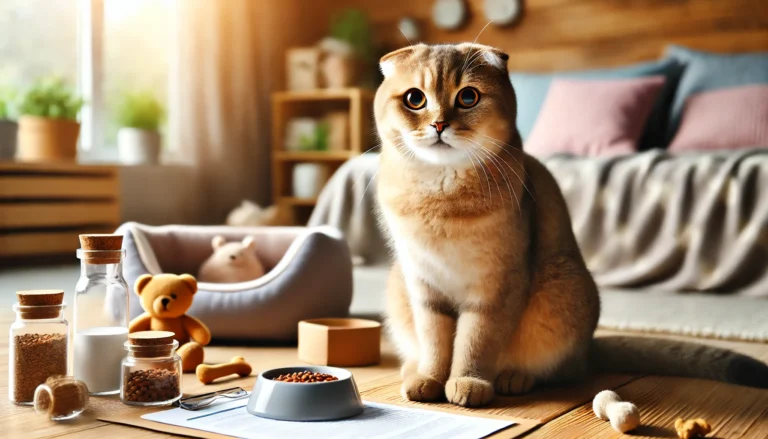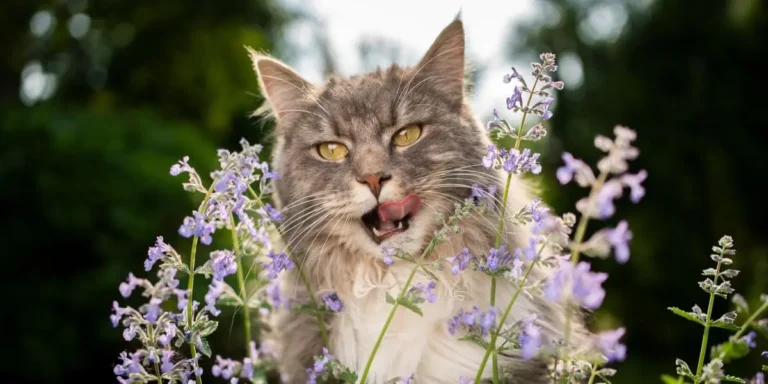appetite stimulants for cats

Changes in a cat’s eating behavior can be a significant indicator of health issues. As natural predators and solitary animals, cats instinctively hide their weaknesses, making appetite changes a critical early warning. The effective use of appetite stimulants for cats is essential for addressing these changes, providing support in managing underlying health issues that may suppress a cat’s desire to eat. Early detection and response using appetite stimulants can help maintain nutritional health, which is vital for a cat’s overall wellbeing and recovery.
The Impact of Decreased Appetite in Cats
Decreased appetite in cats can result from various health challenges, including but not limited to chronic diseases, dental pain, environmental stressors, or even age-related declines. Each of these factors can lead to significant health deterioration if not addressed promptly. Recognizing these causes early and understanding how they affect eating habits allows pet owners and veterinarians to select the most appropriate appetite stimulants for cats, tailored to address specific health issues effectively.
Comprehensive Overview of Appetite Stimulants for Cats
Appetite stimulants for cats are categorized into several types, each serving different purposes and suiting different circumstances:
- Pharmaceutical Stimulants: These include prescription drugs such as mirtazapine and cyproheptadine, which are effective in severe cases where quick intervention is crucial. They work by interacting with the cat’s brain chemistry to trigger hunger.
- Natural Options: For those preferring a less aggressive approach, natural supplements like CBD oil or herbal concoctions offer a gentler alternative. These are especially useful for long-term management of appetite issues without the risks of side effects typically associated with pharmaceuticals.
- Nutritional Approaches: Incorporating palatable high-calorie gels or specially formulated diets can directly entice cats to eat by making food more appealing. These options are ideal for cats that may be picky eaters or have specific dietary needs due to their health conditions.
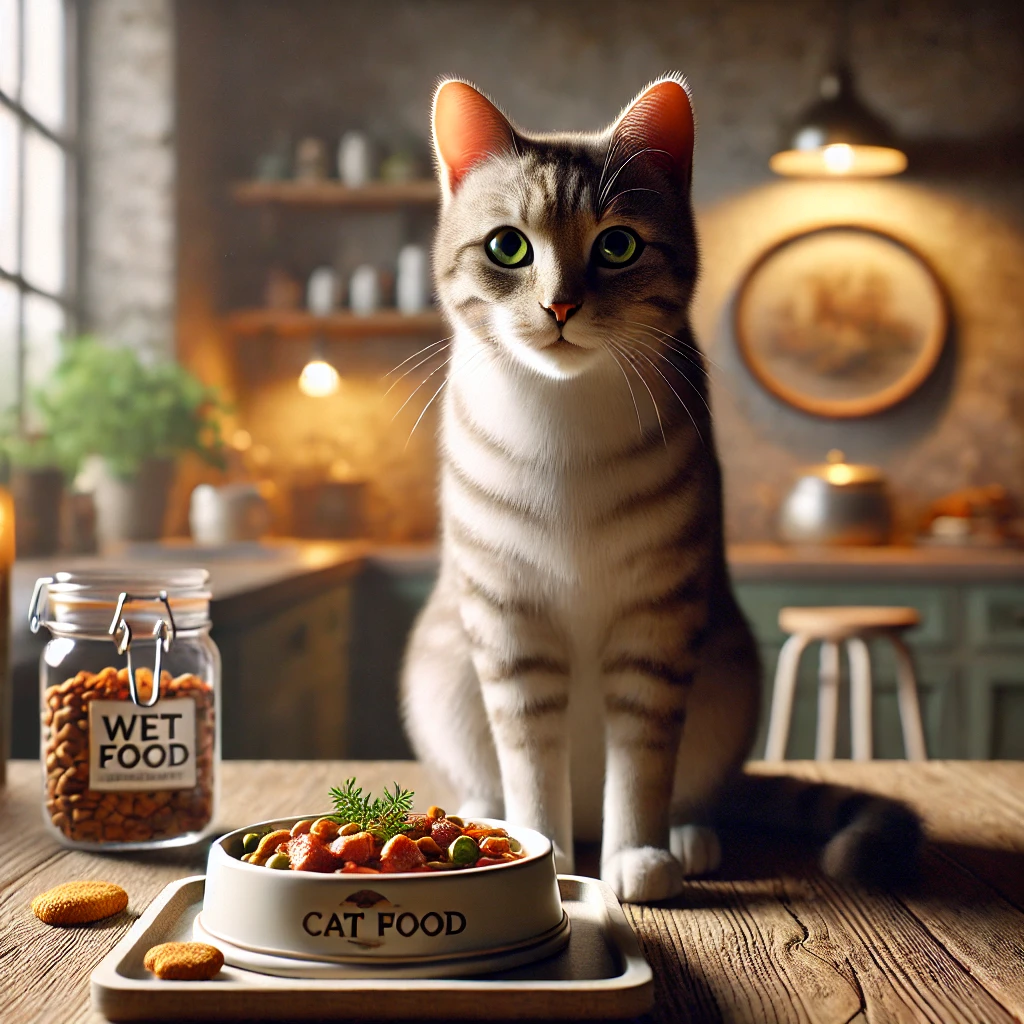
Pharmacological Appetite Stimulants for Cats
- Mirtazapine for Cats: This drug is often prescribed as a potent appetite stimulant for cats experiencing severe appetite loss. It increases neurotransmitter activity, which effectively stimulates the appetite and can also help alleviate symptoms of depression or anxiety.
- Cyproheptadine: This antihistamine has secondary properties that make it useful as an appetite stimulant for cats. It is particularly effective in cases where serotonin levels interfere with hunger signals.
Natural and Alternative appetite Stimulants for cats
- The Role of CBD Oil: As a natural compound, CBD oil promotes well-being by reducing pain and inflammation and regulating bodily functions, including appetite. It’s a safe option for gradually improving appetite without the risks associated with synthetic drugs.
- Herbal Remedies: Natural herbs like fenugreek, ginger, and peppermint not only stimulate the appetite but also aid digestion and alleviate nausea. These herbs can be administered as teas or added directly to food, making them a versatile solution for increasing appetite.
Nutritional Strategies to Stimulate Appetite in Cats
The choice of food can greatly influence a cat’s willingness to eat. Foods rich in aromas and flavors, or those that mimic the texture and temperature of prey, can be particularly appealing. Wet foods are often recommended over dry kibble because they are easier to consume and digest, especially for cats with dental issues or those who are older.
Practical Application of Appetite Stimulants for Cats
The decision to use appetite stimulants should be guided by a thorough veterinary assessment. This includes considering the cat’s medical history, current condition, and any potential interactions with existing medications. The goal is to provide the most effective solution that will not only stimulate appetite but also complement the cat’s overall treatment plan.
Safety and Regulatory Aspects of Using Appetite Stimulants in Cats
While appetite stimulants can play a crucial role in a cat’s health regimen, they must be used responsibly. Understanding the side effects, proper dosages, and legal regulations is essential for ensuring safety. Pet owners should always consult with a veterinarian and follow prescription guidelines closely to avoid complications.
Do you know?
Fading Kitten Syndrome requires urgent treatment to improve survival chances, with veterinarians advising specific care and feeding methods for affected kittens.
Monitoring the Effectiveness of Appetite Stimulants in Cats
Continuously monitoring a cat’s response to appetite stimulants is crucial. This involves regular veterinary check-ups to assess the effectiveness of the treatment and make necessary adjustments. It’s important to remain vigilant for any adverse reactions or lack of improvement, as these may require changes to the treatment plan.
Real-World Cases: Successes and Challenges
Case studies provide valuable insights into the practical application of appetite stimulants. Sharing experiences from both successful interventions and challenges can help refine strategies for future cases, contributing to a broader understanding and more effective use of appetite stimulants in veterinary practice.
Conclusion
This article has provided a thorough exploration of the different types of appetite stimulants for cats, their applications, and the considerations necessary for their safe and effective use. The overall aim is to enhance the health and quality of life for cats experiencing appetite issues, ensuring they receive the best possible care.
What’s the best appetite stimulant for cats?
Mirtazapine is widely regarded as one of the best appetite stimulants for cats. It is effective and fast-acting, commonly prescribed by veterinarians to help stimulate a cat’s appetite, especially in cases of serious illness or recovery.
How do I stimulate my cat’s appetite?
Stimulating a cat’s appetite can be approached in several ways:
Enhance food aroma: Warm the food slightly to release enticing aromas.
Switch foods: Offer a variety of wet foods or flavorful broths.
Reduce stress: Provide a quiet, stress-free eating environment.
Consider natural stimulants: Products like fish oil can sometimes entice a cat to eat.
Are appetite boosters safe for cats?
Appetite boosters can be safe for cats when used appropriately under veterinary guidance. It’s important to choose the right type of stimulant based on the cat’s specific health condition and to monitor the cat for any side effects.
What medication is used for loss of appetite in cats?
The most common medications used for loss of appetite in cats include:
Mirtazapine: A potent appetite stimulant that also helps combat nausea.
Cyproheptadine: An antihistamine used off-label to stimulate appetite in cats.
What can I give my cat for no appetite?
For cats with no appetite, you can try:
Pharmaceutical stimulants: Consult your vet for options like Mirtazapine.
Nutritional supplements: High-calorie nutritional gels can help.
Natural methods: Encourage eating through palatable, aromatic foods or by mixing in tuna juice or chicken broth with their meals.
How to apply cat appetite stimulant?
The application of a cat appetite stimulant depends on the form of the stimulant:
Oral medications: Pills or liquids prescribed by your vet.
Topical gels: Applied to the inside of the cat’s ear; ensure clean ears before application.
Dietary additions: Mix stimulants or enhancers into the cat’s food according to product instructions or veterinary recommendations.

